How to get better sleep at night
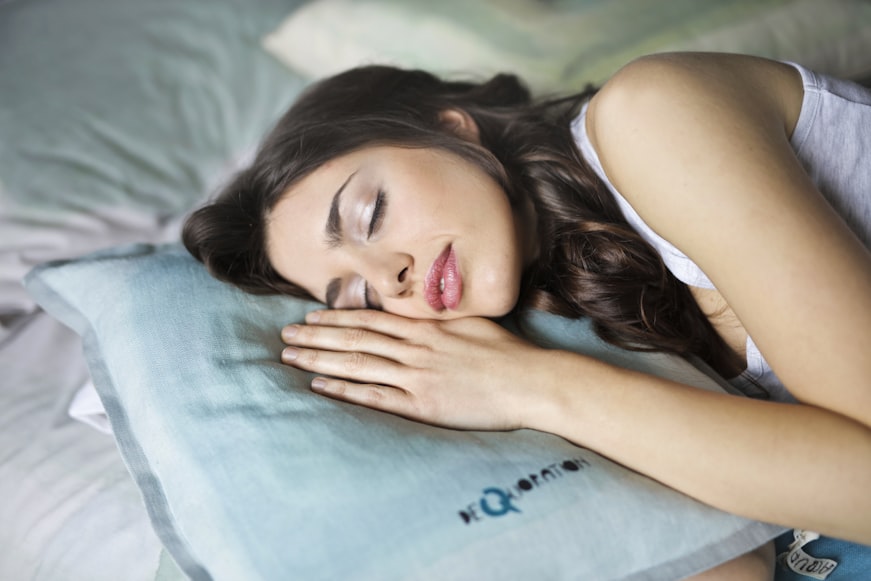
Introduction
Many people find it difficult to get a good night's rest. Even if you turn off your phone or computer before going to sleep, it can be difficult to find serenity. Despite our best efforts, we spend most of our nights awake, unable to sleep. You have more power than you might think over your sleep quality, even at 2 a.m. Your mental and physical well-being both benefit from a good night's sleep. Lack of a good night's sleep can affect the quality of your life during the day and vice versa if you have insomnia. If you don't get a goodnight's sleep, it can have an impact on your
- energy,
- productivity,
- emotional equilibrium,
- body weight
- mood,
- brain and heart health,
- immunity,
- creativity
To get a better night's sleep, health, vitality, mental clarity and a positive outlook on life, follow these tips on How to get better sleep at night?,
How to get better sleep at night?
Follow your body's natural sleep-wake cycle. Watch this video on sleep cycle [5].
Circadian rhythm, or natural sleep-wake cycle sync, is one of the most important ways to improve your night time sleep. Even if you alter your sleep schedule only by an hour or two, you'll feel much more rested and energised if you stick to a regular sleep-wake schedule.
Internal body clock
Every day, make an effort to wake up and go to bed at the same time. You'll get better sleep as a result of establishing your body's internal clock. Selecting an hour when you are most likely to drift off to sleep will help you avoid waking yourself up during the night.
Sleep cycle how long?
Don't let yourself layabout, on the weekends, even if it's only for a few minutes. You'll feel the effects of jetlag if your weekly sleep schedules diverge too much. Napping during the day is the best way to make up for a late night. Paying off your sleep debt without disrupting your natural sleep-wake cycle is possible with this technique.

Snooze in alarm
Take advantage of your snooze in alarm. Pick an alarm. You can set one for less time if you want to catch some more sleep. While napping is a good idea to make up for lost sleep, napping can make things deteriorate if you have trouble falling asleep or staying asleep at night. Limit afternoon naps to no more than 20 minutes.
Healthy Meal Recipes
Make sure to eat healthy meal recipes, including a healthy breakfast in the morning if you want to keep your body and mind in sync. It's a good idea to start the day with a nutritious meal. Your blood sugar rhythms are disrupted, you lose energy, and your stress levels rise if you don't have a healthy breakfast.
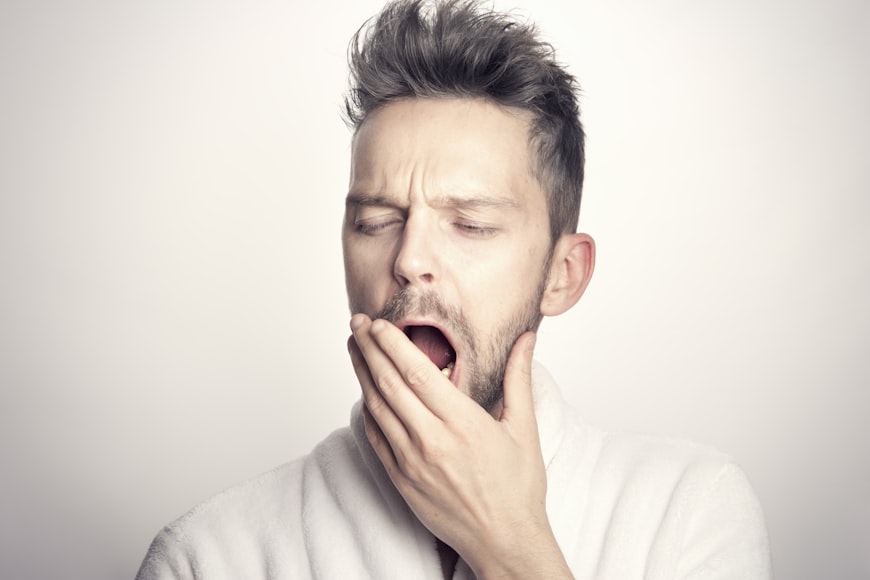
Sleepy after food?
Feeling sleepy after food can be overcome. Do something mildly stimulating like:
- washing the dishes,
- taking a walk,
- running in place for 10 seconds when you start to feel sleepy before your bedtime.
Sleep deprivation can cause you to wake up in the middle of the night and have difficulty getting back to sleep.
Control light exposure: Light and deep sleep
When you're exposed to light, your body makes the hormone melatonin. Melatonin helps regulate your sleep-wake cycle. To help you fall asleep, your brain produces more melatonin at night and less during the day. Many aspects of modern life may disrupt your circadian rhythm, and this disruption can lead to insomnia.
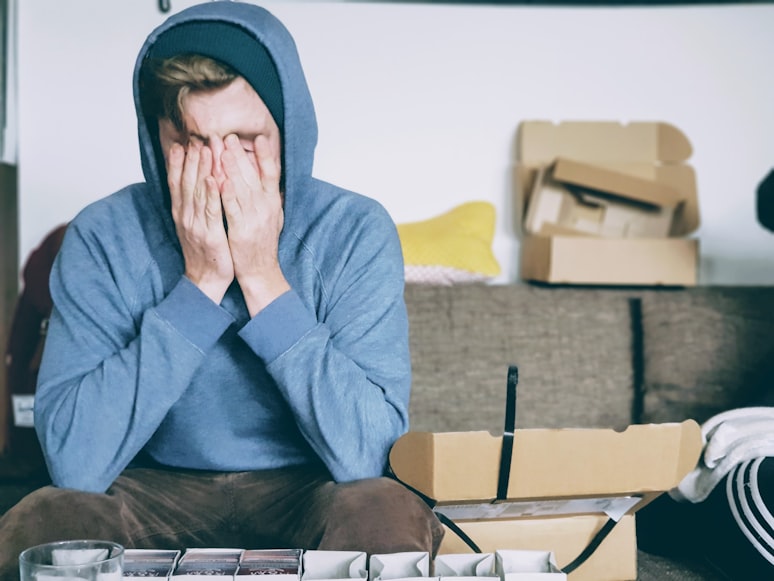
Sunshine and Oranges
Relax in the morning sun and some oranges for your vitamin C injection. For a few minutes each day, bask in the rays. The closer you can get to your waking hours, the better. A cup of coffee outside or a cup of tea in a bright window are two examples. Your daily dose of sunshine and oranges lights up your face to help you get out of bed.
Spend time outdoors
Consider spending more time outdoors during the daytime. In the daytime,
- go for a walk with your dog,
- take a break from work,
- Do some exercise outside.

Natural light indoors
Aim for a high percentage of natural light in your living space or place of business. To maximise light, keep your curtains and blinds open during the day.
Light therapy box
Using a light therapy box is a good option. When the days are short, this is a great way to get a dose of sunshine.
When it's late
Avoid using bright screens for less than two hours before going to sleep. Blue light is particularly bothersome, especially from:
- Phone,
- tablet,
- computers
- TV
Use smaller screens devices, turning down the brightness.
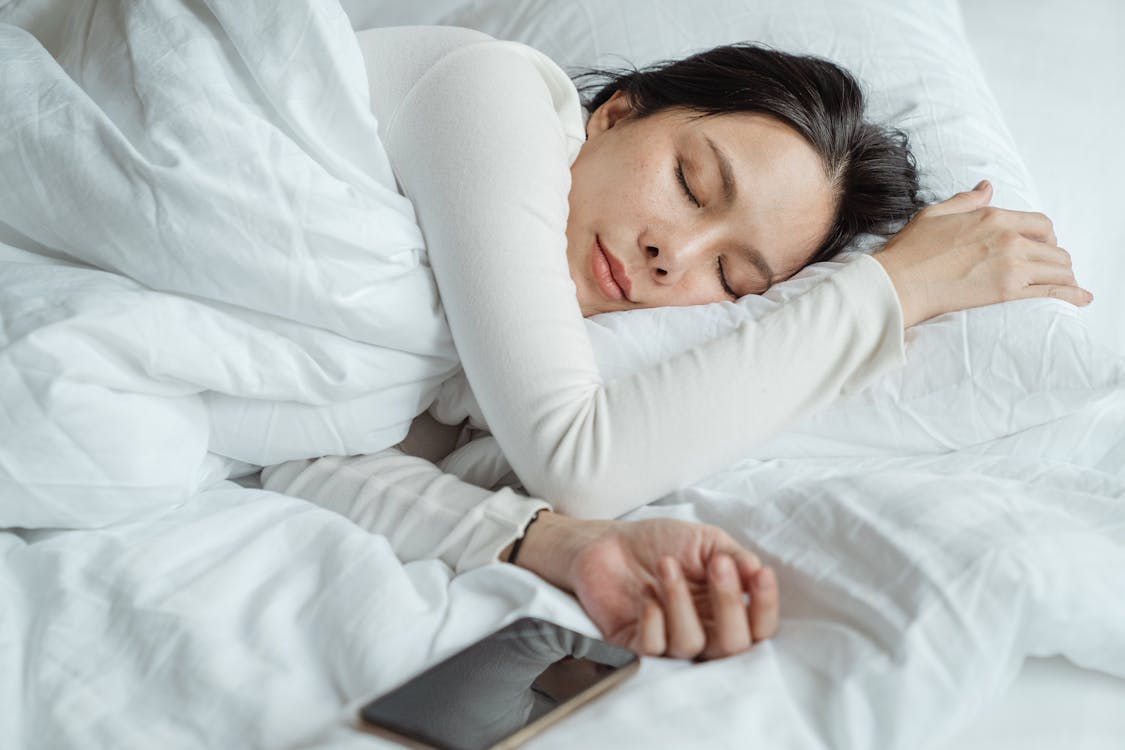
Turn Off the Electronics
Avoid watching late-night television. Numerous programmes on television are stimulating rather than relaxing.
Avoid programmes that will elevate your heartbeat. The light emitted by a television suppresses the formation of melatonin in the body. Instead of watching TV, try:
- reading books,
- listening to music or
- listening to audiobooks to pass the time.
E-Reader
When reading, avoid using devices with backlights. It is better to use e-readers without a built-in light source. The e-reader is less disruptive than tablets with built-in backlights. Before you go to sleep,
- ensure the room is fully darkened.
- heavy drapes can be blocked out window light
- Cover up any electronic items that emit light.
If you do not have an e-reader, you can download kindle on pc.

Waking up at night sweating, what to do?
The lights should be dimmed if you have to get up at night. If you need light to navigate, you can install a low nightlight or use a small flashlight in the corridor or bathroom. Keep the room as dark as feasible while awake and try not to become too active. This is how to sleep at night fast.
Food for sleeping better
The quality of your sleep is influenced by what you eat, particularly in the hours leading up to bedtime. Your overall eating habits are more important than the specific foods you consume in sleep quality. Sleeping better may be improved by eating a Mediterranean-style diet that is high in:
- vegetables,
- fruit,
- healthy fats
- low in red meat.
- heart-healthy foods
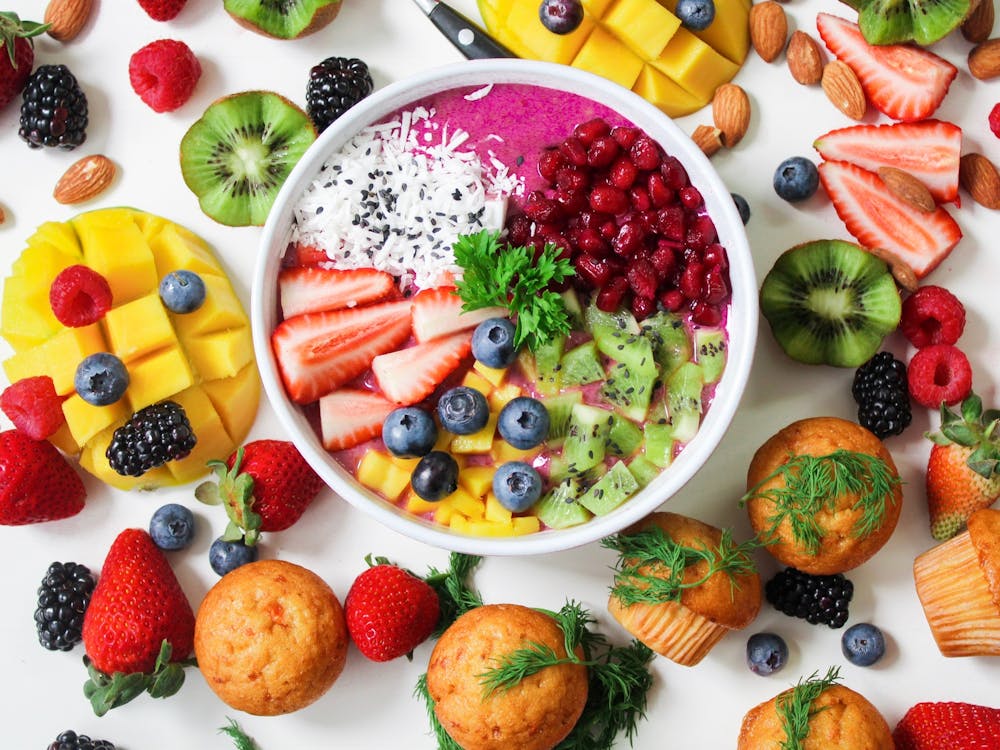
Can too many carbs affect sleep?
Reduce your intake of sugar and refined carbohydrates. Consuming large amounts of white bread, white rice, and pasta during the day may disturb your sleep and keep you awake at night.
Avoid
- heavy dinners at nighttime
- eating rich foods within two hours of going to bed
- Move dinner earlier in the night.
- Spicy foods cause heartburn.

Best Natural sleep aid supplement
How to get a better good night sleep with Your Good Night natural supplement?
It helps you by:
- calming your mind and body
- increasing your serotonin levels,
- improving your cognitive and memory functions,
- balancing your digestive system,
- boosting your respiratory health,
- boosting your immunity,
- reducing inflammation.
Antioxidants have also been added because your body may still require some TLC!
Smoking
Make sure you're not consuming too much caffeine or nicotine. Drinking caffeine can disrupt your sleep for up to ten to twelve hours. Smoking is a stimulant that should be avoided right before bedtime. Nicotine makes your brain feel energised and excited. This effect is not suitable for those looking to get a good night's sleep.
Nightcap
Avoid drinking before going to sleep. Drinking too much liquid late at night is not recommended. A nightcap may help you loosen up, but it can disrupt your sleep cycle. If you drink a large amount of fluids, you may find yourself needing to go to the bathroom frequently throughout the night.

Your bedroom is for sleep and sex.
Ventilate, darken, and quieten your room. A fan or a sound machine can be used to mute the sounds of neighbours, traffic, or members of your household. A pair of earplugs may be helpful here. Make sure you're in a cool, dry location. Uncomfortable temperatures in the bedroom can make it challenging to get a good night's sleep.
How to fall back asleep?
Don't worry about not being able to sleep again. When you're under stress, your body's only response is to keep you awake. Take some deep breaths or focus on your body's sensations to take your mind off things. Breathe in, then slowly exhale, saying "Ahhh" as you do this. Repeat.
This is how to get sleep at night fast naturally.
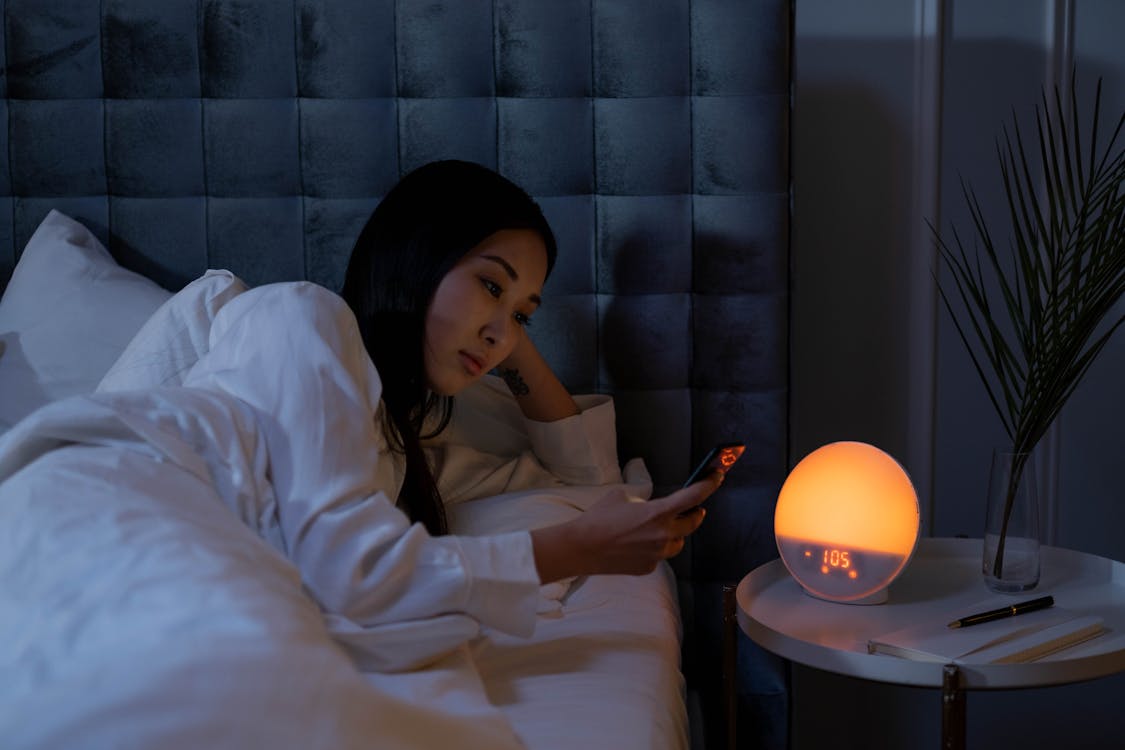
Can you relax to sleep?
If you're having trouble falling asleep, try using relaxation techniques like visualisation, progressive muscle relaxation, or meditation. Relaxation can benefit your body's healing process. If you've been awake for more than 15 minutes, try something calm and relaxing, like reading a book. Keep the lights low, and the screens turned off to avoid waking up.
How to sleep well at night without thinking?
Write down any unsettling thoughts you have in the middle of the night. Put them off until the next day, when they will be easier to deal with. Similarly, great ideas that keep you up at night can be overstimulating. Note them down on paper before sleeping, and rest assured that you'll be more productive the next day.
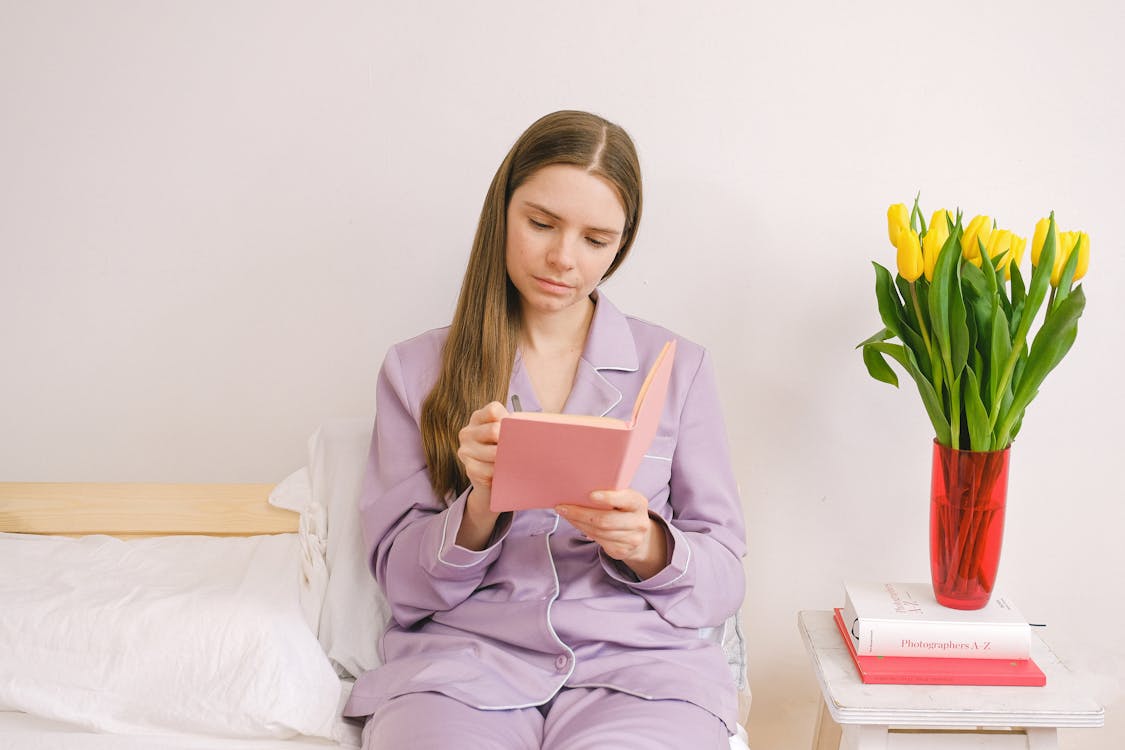
Best beds for sleeping
Determine how comfortable your bed is. Make sure you have ample room to move around without getting tangled up in your sheets if you want to sleep comfortably. Firm mattresses, foam toppers, and pillows with different levels of support may be necessary for those who frequently suffer from a sore back, headaches and neck stiffness while they sleep. Click here for the best beds for sleeping.
Looking for a little bit of tropical flair in your bedroom? Check out the Comfort Spaces Enya Comforter Set! This vibrant set features a bold floral print in eye-catching colors. The soft microfiber fabric is resistant to wrinkles and shrinkage, making it a great choice for busy people. Plus, the hypoallergenic down alternative fill will keep you warm all year round.

Buy It Here
Sleep and Sex
Keeping your bed for sleeping and having sex is the best course of action. Sleep and sex will become associated with the bedroom if you refrain from using any electronic device in bed, such as a phone or tablet. The perfect place to sleep and make love is in a comfortable bed. This is how to get better sleep at night.
How to get to sleep fast
Establish a daily schedule and consider what helps you sleep good at night? Even though we've had a lot of ups and downs in our lives, a regular sleep schedule is essential for a good night's rest. The more consistent you can be with your daily routine, the better off you will be. Avoid taking naps as well.
Sleep Routine
It's essential to remember that your sleep routine begins even before crawling into your bed. Set aside sometime each night to unwind and unplug from technology. You can relax by doing things like:
-
reading,
-
gentle stretches,
-
meditation.
Also, keep chargers out of your bedroom, so you don't scroll while you're supposed to be sleeping.
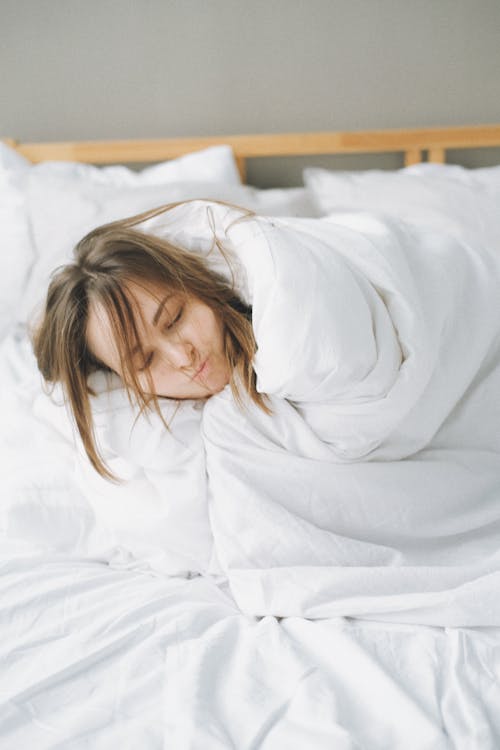
Take control of your anxiety.
You might not be able to sleep fine if you've been feeling anxious or worried about it.
-
Talking to a trusted friend or turning off the news can help alleviate your anxieties during the day.
-
Put your mind at ease by writing a list of things to accomplish the following day.
-
Reframing negative thoughts into positive ones may be helpful.
Does ageing result in sleep deprivation?
Sleep deprivation is a common occurrence as we age. This is a result of our circadian rhythms shifting. As a result, many of us have trouble falling asleep or staying asleep, which leaves us exhausted and cranky the next day. Chronic sleep issues should not be considered inevitable or a normal part of ageing when it comes to chronic sleep issues.
Insomnia, what is it?
It's common for us to have difficulty sleeping at some point in our lives, particularly if we're feeling anxious or stressed. A lack of sleep may be a problem if you frequently find yourself exhausted throughout the day. common symptoms of Insomnia:
-
problem winding down at night
-
wake up at night feeling irritable
-
trouble concentrating during the day.
-
being stressed
How does insomnia impact me?
Chronic sleep deprivation can have a significant impact o. n your life. Sleep deprivation has been linked to:
-
A decrease in productivity at work,
-
Low mood,
-
Problems in your relationships.
-
Overeating and putting on weight
-
Elevated risk of heart disease and type 2 diabetes.
-
Depression and anxiety
-
Your brain doesn't get to consolidate memories, leading to accidents and injuries.
Tips for how to get good night sleep in natural ways
Watch this video [1] on how to get better sleep at night
-
Go to bed at the same time.
-
Don't slouch around the house.
-
Your bedtime routine should include relaxing before going to sleep.
-
Keep bedding and mattresses in good condition.
-
Avoid consuming caffeine, nicotine, or alcohol at night.
-
Don't eat heavy meals at night.
-
Avoid working out at night unnecessarily.
For help with insomnia, where can I go to get it?
-
You should see your doctor if you're not getting enough sleep for any reason. After a month of sleepless nights, see your doctor if self-help measures don't seem to be working. When you consult with your doctor, they will likely ask about your sleeping habits and advice on sleep hygiene to beat insomnia [3]. You should enquire how to get quality sleep at night?
Insomnia Experts and Drugs
An expert in cognitive behavioural therapy for insomnia may help you break the patterns and behaviours causing your insomnia.
For short-term use and how to get good sleep every night, you may be prescribed sleeping pills or other drugs. Drugs are not recommended for long-term use because they don't address the underlying causes of insomnia and can be addictive.
Pillow Mist
To help you relax, drift off, and recharge, use an extra-fine natural mist to sleep better. Relaxing Jasmine, calming Lavender, and comforting Sandalwood can fill the room.
To create a dreamy cloud, simply mist it
-
around your room,
-
around your body,
-
onto your pillow.
Suitable to alleviate the stresses of daily life without resorting to pharmaceuticals and chemicals.
Conclusion
A good night's sleep tells your brain that it's time to unwind and let go of the stresses of the day. Sleep quality can significantly improve by making even minor changes to your environment.
Upon reading this article, you should know how to get better sleep at night. To recap some of the main points we discussed in today's blog post: a few things that can help with getting better sleep are having consistent bedtime and wake up times, going to bed when your body is tired enough but not too exhausted, exercising regularly, taking naps during the day if necessary for restful sleep later on in the evening.
There are also ways to improve sleep quality, such as avoiding caffeine after noon or drinking alcohol before sleeping. You might have been looking for tips to get a better night [2] of deep slumber without thinking about anything else - these strategies will work wonders!
References
1) Video: How to get better sleep at night.








